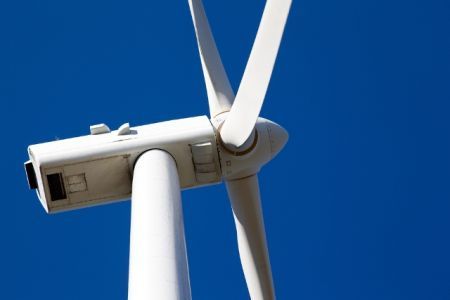
Iberdrola has completed geotechnical feasibility studies for its €1.5bn, 400MW Wikinger offshore wind farm, which will be constructed in the German Baltic Sea.
The studies, completed at a cost of €20m, will allow Iberdola to obtain project certification and planning consent from the regulator Bundesamt für Seeschifffahrt und Hydrographie (BSH).
The scope of work involved a full geological survey of the seabed in an area of about 34km².
Stratigraphic samples of sedimentary and metamorphic rocks were also drilled out, while seismic surveys using sound waves to determine the structure of the terrain were conducted.
The Wikinger wind farm will be located 30km off the coast of the German Island of Rügen and will use Areva's M5000 5MW wind turbines.
After completion, the wind farm is expected to generate electricity to power over 350,000 homes in Germany and avoid the emission of about 600,000 tonnes of CO2 per annum.
Construction of the wind farm is expected to commence in 2015 and finish in 2017.
Iberdola has already launched a €900m tender process for the procurement and installation of foundations, inter-array cable and the main components of the wind farm substation.
The firm's offshore wind project pipeline in Germany now stands at more than 2,000MW.
By the end of 2013, more than €70m will be invested in the development of Wikinger alone, and by 2019 the company plans to invest over €3bn in offshore wind projects in the German Baltic Sea, to install 1,000MW.
We use cookies to improve your experience. By continuing to use our site, you accept our Cookies, Privacy Policy,Terms and Conditions. Close X